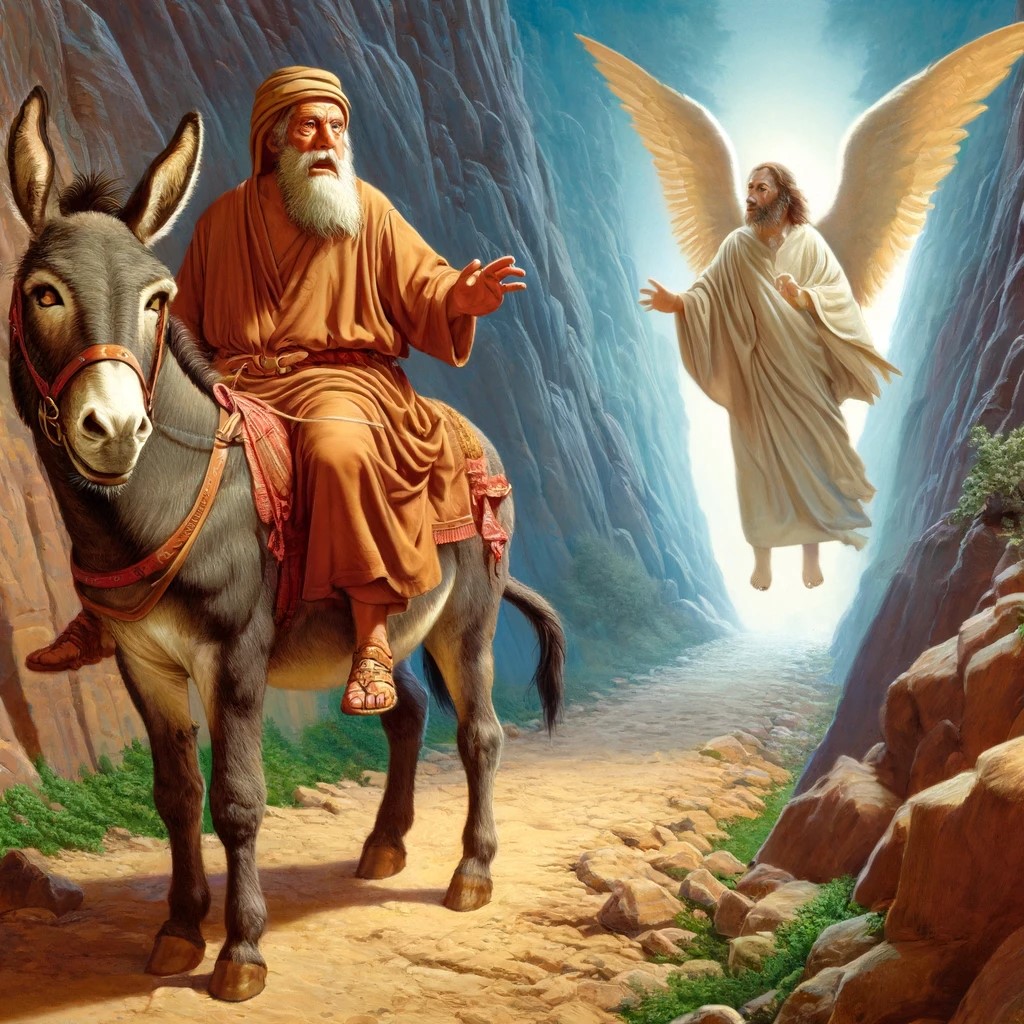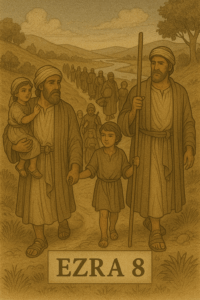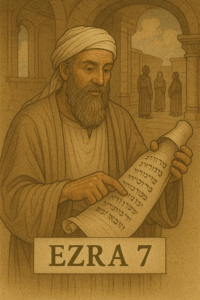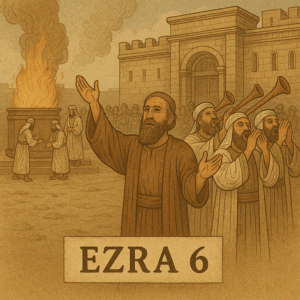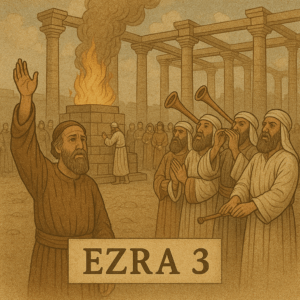Introduction.
Numbers 22 introduces us to Balaam, a non-Israelite prophet who is summoned by Balak, the king of Moab, to curse the Israelites. This chapter is rich with themes of divine intervention, moral dilemmas, and the supernatural, offering a profound exploration of human motives and divine oversight. Through the narrative of Balaam and his interactions, particularly with his donkey, we uncover valuable lessons on obedience, the danger of perverse incentives, and the protective measures of divine providence.
Balaam’s complex motivations.
Balaam is a prophet who finds himself caught between the lucrative offer made by Balak and the explicit instructions from God. His journey to Moab is marked by conflicting motives—desire for reward versus the need to obey God’s word. This duality in Balaam’s character showcases the complexities within human decisions, especially when spiritual duties conflict with personal gains.
The talking donkey and divine intervention.
The most memorable part of Numbers 22 is when Balaam’s donkey speaks to him after seeing an angel of the Lord blocking their path, which Balaam himself does not see initially. This miraculous event not only highlights the supernatural elements of biblical narratives but also serves as a poignant reminder of God’s control over all creation and His ways of guiding and correcting His servants.
Prophetic insight and obedience.
Despite his questionable intentions, Balaam’s ultimate adherence to speaking only what God commands him—even in the face of Balak’s anger—underscores the primacy of divine direction over human desires. This aspect of the story emphasizes the importance of prophetic integrity and the necessity of obedience to God’s will, even under pressure.
Lessons for today.
Understanding divine will: Numbers 22 teaches us about the importance of discerning and following God’s will, especially when it contradicts our personal desires or societal pressures.
The power of integrity: Balaam’s story is a call to maintain integrity in our spiritual and moral duties, highlighting how true obedience to divine guidance shapes our lives.
God’s protective oversight: The narrative reminds us that God watches over His people, often intervening in extraordinary ways to guide and protect.
Conclusion.
The story of Balaam and his donkey in Numbers 22 offers a rich tapestry of lessons on divine intervention, the human condition, and the spiritual journey. As we navigate our own lives, let us take to heart the call to be obedient, the need to seek divine will, and the assurance of God’s protective hand over our paths.
Reflection.
Reflect on a situation where you experienced a conflict between personal gain and ethical duties. How did you resolve it, and what role did spiritual or moral values play in your decision-making process?
